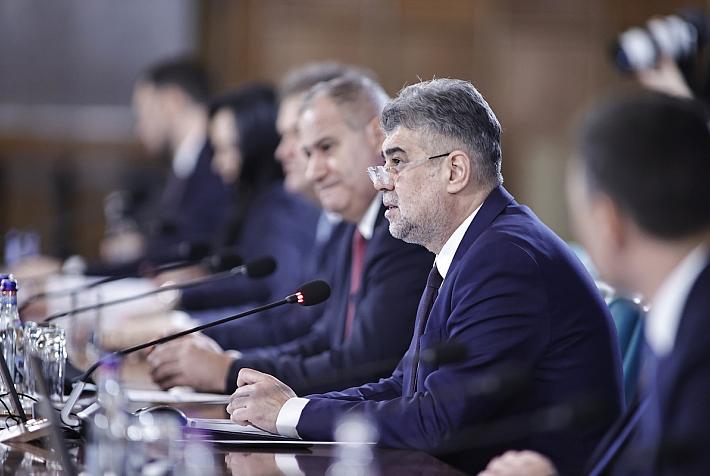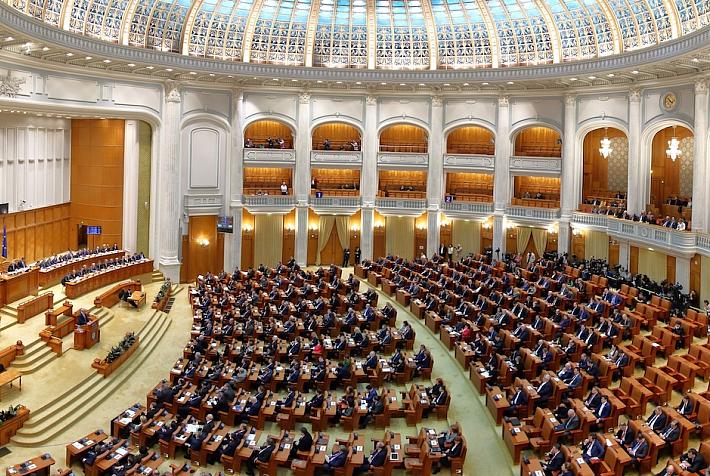Romanian FinMin ponders prolonging loan repayment moratorium

Romania's Finance Ministry is seeking, in coordination with the banks, a way to postpone the loan repayment moratorium that expires at the end of this year, finance minister Florin Citu announced.
One option would be to prolong the moratorium as it is. An alternative is to cover only those debtors hit harder by the COVID-19 crisis.
Minister Citu praised the banks for bearing the program's costs and said that this is going to be a key element in choosing the next measures.
"Deferring the loan installments by up to nine months is the most generous program in the European Union. It was difficult because it generates costs for the banking system, which they accepted under these difficult conditions, but look, it worked," said minister Citu, quoted by Digi24.ro.
Under the Romanian bank loan moratorium, debtors claiming the crisis impaired their household's revenues were allowed to suspend loan repayment. The accrued interest is rescheduled free of interest after the end of the grace period. This is the equivalent of interest-free financing of the interest accrued on the principal for up to nine months.
The central bank has been providing enough liquidity to banks to help them mitigate possible cash flow problems (plus the purchase of government debt). In exchange for bearing the program's cost, the banks received lucrative business - in the form of the Government-backed programs IMM Invest (loans for SMEs) and New Home (mortgage scheme).
Minister Citu also stressed that the loan repayment moratorium was only possible after the European Banking Association chose not to impose (to waive) mandatory provisioning requirements under the national programs designed to support debtors weather the crisis. He thus implied that prolonging the loan repayment moratorium is conditional on EBA's recommendations in the future.
However, this feature (waiving the provisioning requirements) is risky because it impedes the transparent monitoring of the risks in the banking system, backloading the losses and leading to accumulating risks. However, some Romanian banks decided to build up provisions, which was visible in their P&L statements as early as the end of March.
(Photo: Octav Ganea/ Inquam Photos)
andrei@romania-insider.com













